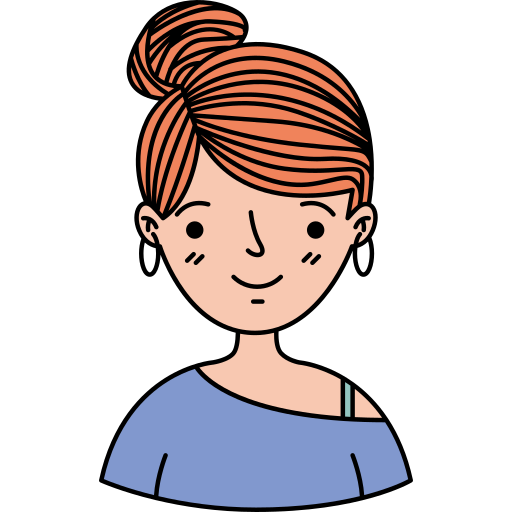The Global Gambling Help Gap: Only 1 in 400 Seek Help for Gambling Disorder
18.06.2024
A pioneering global investigation spearheaded by Auckland University of Technology (AUT) has unveiled a worrisome reality: a mere one in roughly 400 individuals grappling with gambling disorder actually pursue assistance. This research, co-written by Dr. Simone Rodda, Associate Professor of Psychology and Neuroscience at AUT, is the inaugural endeavor of its kind to gauge the worldwide frequency of seeking help for gambling difficulties.
The results depict a bleak scenario: while an estimated 5.8% of adults globally encounter gambling troubles, a scant 0.2% have ever sought support. This discrepancy is even more pronounced among those with acute gambling concerns, who are five times more inclined to seek help compared to those exhibiting moderate-risk gambling actions.
Dr. Rodda stresses the pressing requirement for enhanced support frameworks, particularly in New Zealand, also referred to as Aotearoa. “Our investigation underscores that the overwhelming majority of individuals with gambling difficulties never access treatment services,” she asserts. “Help-seeking rates in Aotearoa reflect the global estimations, indicating a substantial chance to augment the accessibility and pertinence of support for those requiring it.”
To tackle this obstacle, Dr. Rodda and her peers, in conjunction with the Ministry of Health and service organizations like the Problem Gambling Foundation and the Salvation Army, have been crafting online assessment instruments and user-friendly self-assistance materials. The ultimate objective, as Dr. Rodda emphasizes, is to close the chasm between those requiring aid and those receiving it.
To truly address the issue of gambling addiction, public wellness campaigns must be grounded in robust data and a thorough comprehension of existing individual efforts to mitigate gambling-related harm.
Should gambling pose a challenge for you, a positive initial action is to confide in a trusted individual, such as a companion or your primary care physician. Within New Zealand, complimentary expert assistance is also accessible.


